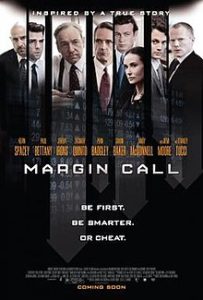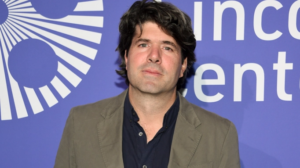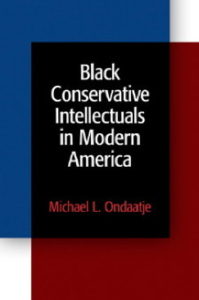
Margin Call
Release date (US): Oct. 21, 2011
Written and directed by J.C. Chandor
Starring Kevin Spacey, Paul Bettany, Jeremy Irons, Zachary Quinto, Penn Badgley, Simon Baker, Mary McDonnell, Demi Moore, and Stanley Tucci
Available to rent or buy on various streaming services, including Netflix and Amazon Prime
Margin Call is a tightly scripted, dramatic movie about the 2008 financial meltdown. The story takes place over a 24-hour period at a big Wall Street investment firm in the early stages of the crisis.
What I Liked About It
* The ambition of the concept – showing a massive and complex worldwide crisis in the context of a single place during a single day. (This is actually a thing the Ancient Greek dramatists did, if I’m not mistaken.)
* The script: I’ve been around brokers and bankers tangentially for many years. Often, I find the Hollywood characterization of them to be artificial at best. (Think Gordon Gecko.) That includes the way they speak. That wasn’t the case with Margin Call. On the contrary, both the characters and the script felt authentic. (There is an understandable reason for this: The writer/director’s family was immersed in this world.) Because of that authenticity and because of the way the plot developed, I had the sense that I was being given a sophisticated inside look at investment banking.
* Kevin Spacey – always one of my favorite actors – and the rest of the ensemble cast.
* The plot was strong: tense and dramatic throughout.
What I Didn’t Like So Much
Despite the authenticity of the characters and the dialog, the classical dramatic framework – one day in one place – made Margin Call feel more like a play than a movie. This isn’t meant to be a major criticism. It’s a limitation purposely imposed by the film’s creators to enhance the theatrical aspects of the story. But that meant forgoing the kind of emotional intensity that movies can provide by moving quickly through time and space. (You can see what I mean by comparingMargin Call to another movie on the same topic: The Big Short.)
Critical Reception
* “Easily the best Wall Street movie ever made.” (David Denby, The New Yorker)
* “Margin Call employs an excellent cast who can make financial talk into compelling dialogue.” (RogerEbert.com)
* “It is hard to believe that Margin Call is Mr. Chandor’s first feature. His formal command – his ability to imply far more than he shows or says and to orchestrate a large, complex drama out of whispers, glances, and snippets of jargon – is downright awe inspiring.” (A.O. Scott, The New York Times)
Interesting:
* The title of the film is a financial term. A margin call occurs when the value of securities in a brokerage account falls below a certain level (the maintenance margin), requiring the account holder to deposit additional cash or securities to meet the margin requirements.
* Although the film does not depict any real Wall Street firm, and the fictional firm is never named, my ex-wall Street friends tell me it’s based on two companies: Goldman Sachs and Lehman Brothers.
About J.C. Chandor

Jeffrey McDonald Chandor, better known as J.C. Chandor, was born and raised in New Jersey. His father was/is an investment banker. And Chandor himself was partially involved in NYC real estate before the financial crash. Margin Call (2011) was his first feature-length film. Prior to that, he directed commercials. In addition to Margin Call, he has written/directed All Is Lost (2013), A Most Violent Year (2014), and Triple Frontier (2019).
 MarkFord
MarkFord
